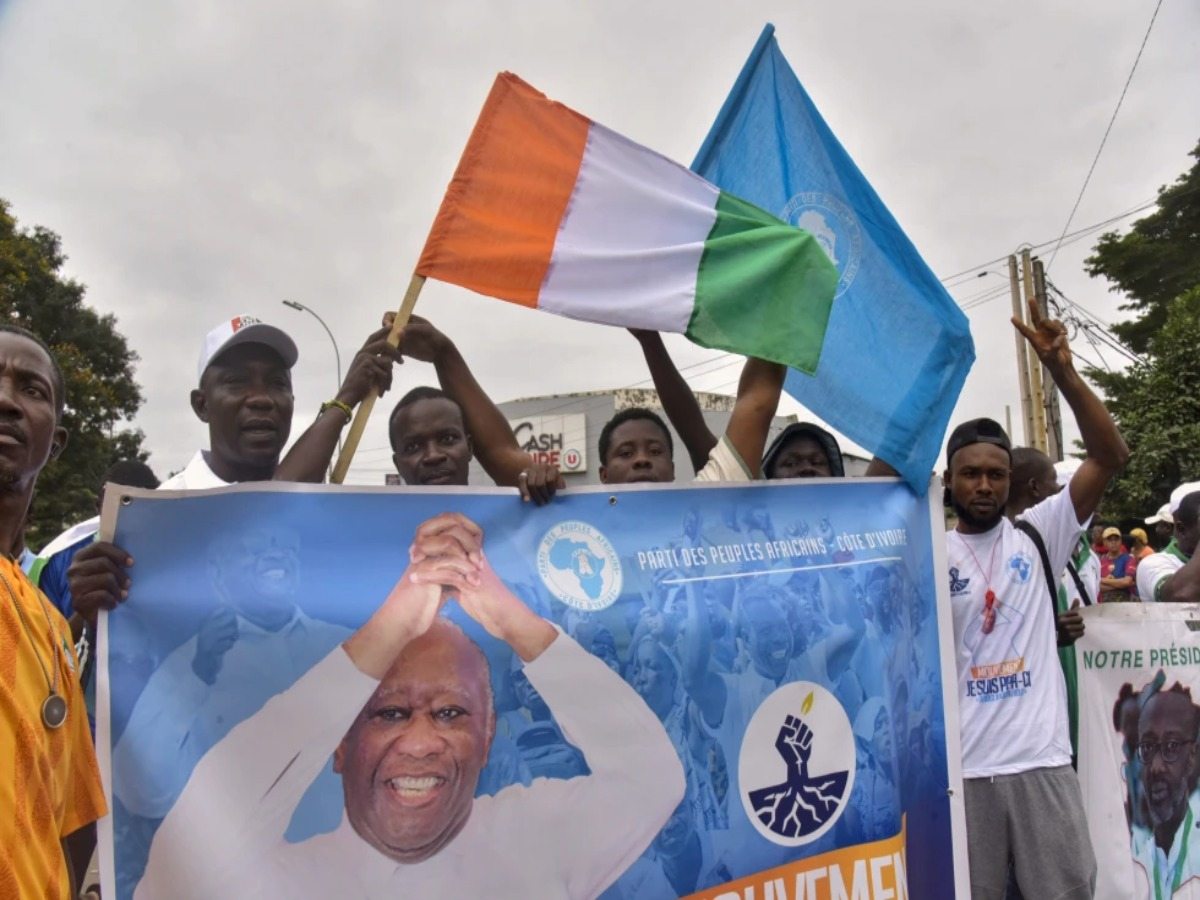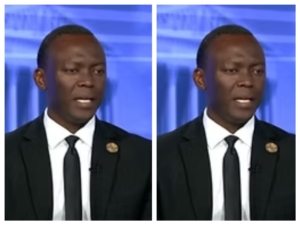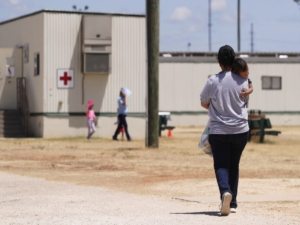Thousands flooded the streets of Abidjan on Saturday, rallying against the exclusion of key opposition figures from Ivory Coast’s October presidential election.
The demonstration, according to an AP report, began in Yopougon, one of the capital’s most crowded suburbs, with banners declaring, “Enough is enough!” and “No true democracy without true justice.” Protesters voiced outrage over the electoral commission’s earlier decision to bar four major opposition leaders, among them former President Laurent Gbagbo and ex-Credit Suisse CEO Tidjane Thiam, from the race.
Gbagbo and Thiam, who formed an alliance earlier this year to challenge 83-year-old President Alassane Ouattara, have become the rallying point for dissent. “We are millions saying YES to Gbagbo and Thiam,” read another placard held high in the crowd.
READ ALSO: Ivory Coast opposition slams arrests as crackdown deepens ahead of October election
Activist Sagesse Divine summed up the movement’s demands: “We don’t want a fourth term, and we want the electoral roll revised, that’s what we are asking for. We want all candidates’ names included, and we want to go to the elections in peace, that’s all we want.”
Watch a recent episode of The BreakDown podcast below and subscribe to our channel PanaGenius TV for latest episodes.
Ouattara, who first came to power in 2011, amended the constitution in 2016 to remove term limits, clearing the path for his now-controversial bid for a fourth term. He claims the nation faces “unprecedented security, economic and monetary challenges” that demand experienced leadership.
Authorities have yet to respond publicly to Saturday’s protest.
Thiam, leader of the Democratic Party of Ivory Coast, won his party’s April primary without opposition but was deemed ineligible because he was still a French citizen when he submitted his candidacy, despite renouncing that nationality soon after. Ivorian law prohibits dual nationals from seeking the presidency.
Ivory Coast, the largest economy in francophone West Africa with a population of 32 million, has a turbulent electoral history. Ouattara’s bid for a third term in 2020 triggered violence that left several dead, reflecting a broader West African trend of leaders extending rule by altering constitutional limits.
Meanwhile, insecurity has been steadily advancing from the Sahel into coastal states like Ivory Coast, Togo, and Benin, as militants linked to al-Qaida and the Islamic State group push southward.










